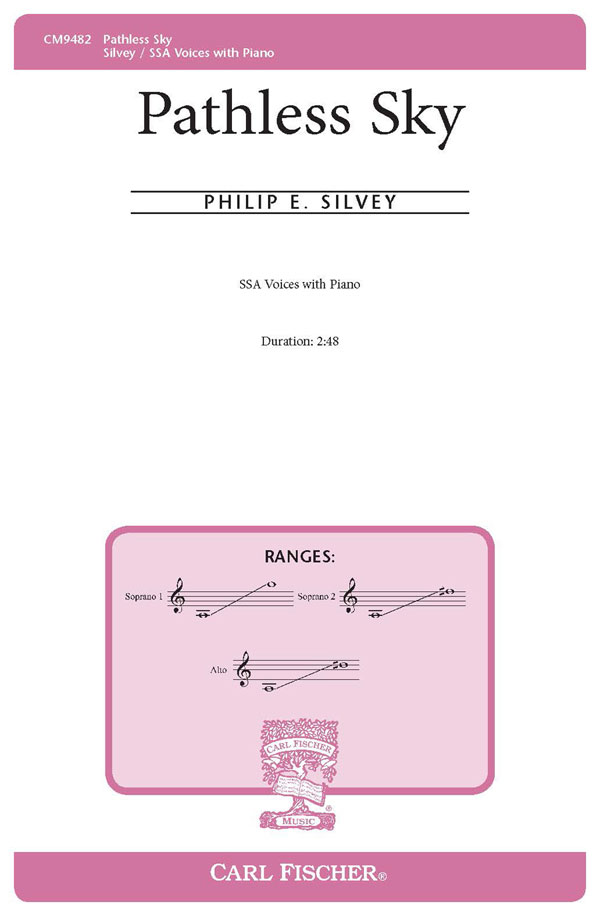


“Don’t drive me away,
But hear what I say:
Bad men want the gold;
They will steal it tonight,
And you must take flight;
So be quiet and busy and bold.”
“Slip away with me,
And you will see
What a wise little thing am I;
For the road I show
No man can know,
Since it’s up in the pathless sky.”
– Louisa May Alcott
The text of Pathless Sky appears in a short story written by American author Louisa May Alcott (1832-1888). Best known for her novel Little Women, Alcott wrote numerous collections of short stories for children during the latter part of her life. In “Rosy’s Journey,” published in 1886, a poor child sets out on a long journey to reunite with her father who has traveled far away to find work. She treats every small creature she encounters with kindness. In particular, she rescues a tiny fish in need of water, a field mouse with a broken leg, and a fly caught in a cobweb. All three offer to repay her, although she is skeptical they can. “Wait and see” they tell her. Later in her travels, she confronts three challenges: a wide sea with no means to cross, hundreds of miles of hot sand, and great hills to climb. Her little friends use their connections to help her overcome each obstacle and ultimately reach her father’s camp. Towards the end of the story the fly returns, heralding an escape plan for Rosy and her father. Interpreted more broadly, these stanzas serve as a plea to be heard, a warning to be vigilant, and a rally to action. The incessant pulsing rhythms of the accompaniment reflect the urgency of the moment. The only way out is up.
Duration: 2:30

